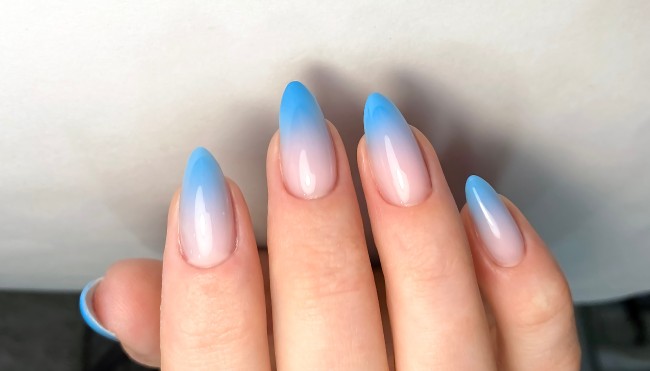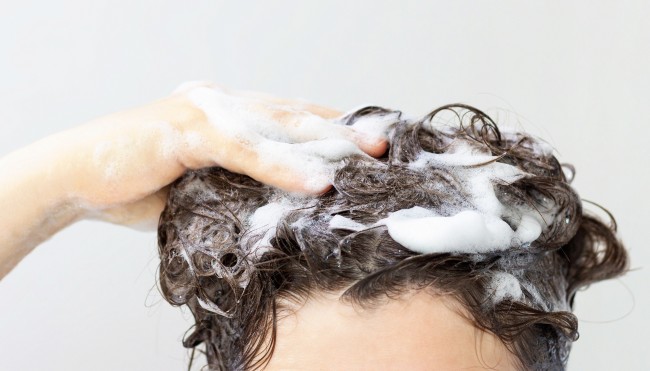Why You Should Avoid Silicones in Your Shampoo
Many shampoos contain silicones, promising shine and sleekness. Unfortunately, the effect is only superficial: synthetics dry out hair, making it heavy and flat. The scalp also suffers from these substances, not to mention the environmental burden from silicones. Luckily, there are natural alternatives.
Silicones gum up the hair
Silicones are filmogens, which means they wrap around each strand of your hair and form an airtight film. Silicones are also non-water soluble. Using haircare products containing silicones will thus build up a persistent layer on the hair, growing with each additional application. This phenomenon is also called “silicone build-up.”
While your hair might seem smoother and shinier at first, it’s not getting any healthier. On the contrary, the only thing that’s soft and shiny is the silicone.
Hair and scalp dry out
The layer of silicone causes hair to become heavy and lose volume, not to mention its inability to absorb any nourishing ingredients. It can no longer breath, so it dries out more and more.
Considering the scalp is also coated in a layer of silicone and can no longer regulate itself, the scalp begins to get greasy or dry out. This can lead to itching, dandruff, and allergies.
A problem for the environment
Silicones are synthetic substances that are not water soluble. Consequently, they go down the drain and can reach rivers or lakes. It can be difficult, if not impossible to break down silicone in nature. The synthetic filmogens get into bodies of water and can even make it into the groundwater.
Therefore, every shower with a silicone shampoo represents a burden on the environment. It’s time for natural alternatives, which we fortunately have.
Plant-based waxes like jojoba oil, fats like coconut or babassu, and oils such as avocado, olive, or almond are likewise filmogens. However, unlike silicones, they’re entirely natural and can be rinsed out the next time you wash your hair. Furthermore, they completely break down in nature within just a few weeks.





